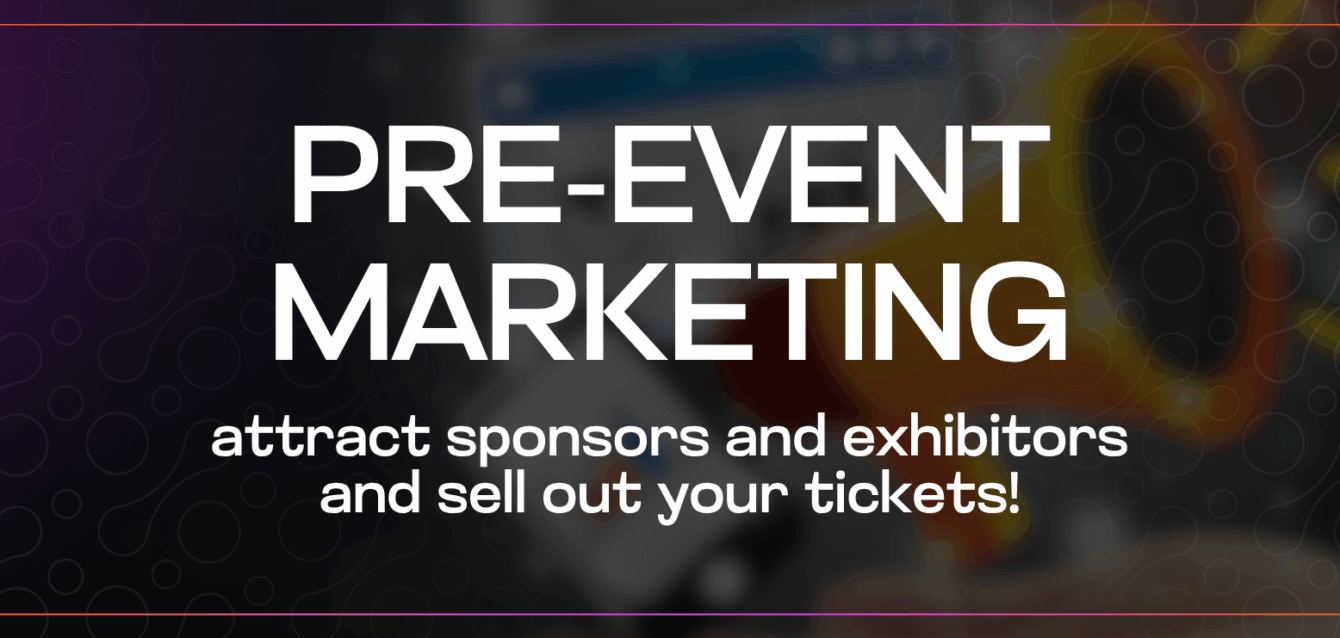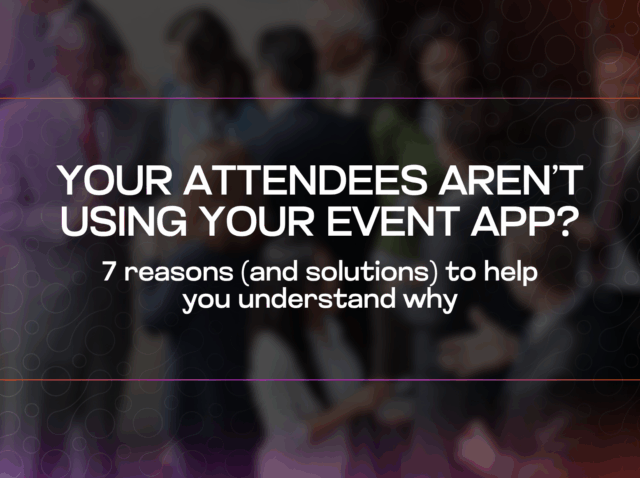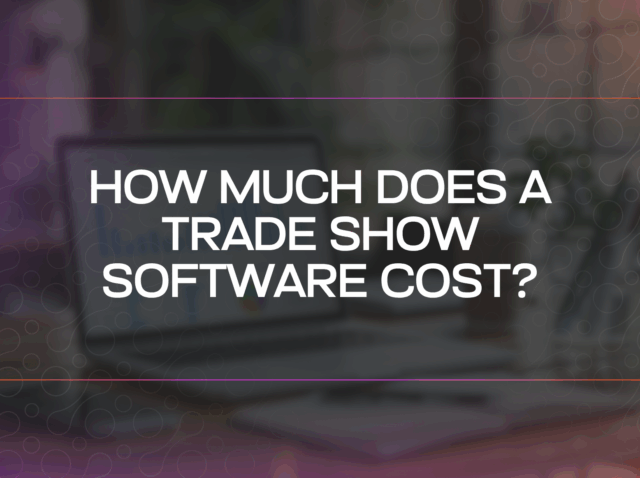A successful event always starts long before the doors open — and one of the most essential elements is attracting the right exhibitors. But how can you do that effectively? The answer lies in Pre-event marketing.
Organizing a trade show or conference is a complex process made of many phases. One of the most crucial is identifying the exhibitors and speakers who will take part. Exhibitors play a key role in attracting attendees (and sponsors), generating revenue, and ultimately determining the success of the event.
So, let’s take a closer look at the most effective Pre-event marketing strategies to attract the right exhibitors for your fair, congress, or any other upcoming event.
Analyze Your Audience and Identify the Right Exhibitors
To attract the best exhibitors, start by understanding your target audience and their expectations. If you haven’t already, invest in an in-depth market analysis to study your audience and define buyer personas. If you’re organizing a recurring event, leverage historical data to gain insights.
This first step is crucial to tailoring the event experience to your audience’s needs and ensuring maximum engagement and satisfaction.
Once you have a clear picture of your target, start researching potential exhibitors. Look into past exhibitor lists from similar events, review their websites and social media channels, and analyze:
- Their target market — is it aligned with your event?
- Their products or services — do they match the event theme and participants’ interests?
- Previous experiences — have they joined similar events, and what impact did they have?
- Budget and requirements — do they have specific space or setup needs?
Use this stage of your Pre-event marketing strategy to shortlist the exhibitors most aligned with your event goals.
Create an Irresistible Value Proposition
Identifying the right exhibitors is only the beginning. To truly attract them, you need to craft a compelling value proposition and communication strategy that clearly explains the benefits of participating in your event.
After all, Pre-event marketing isn’t just about identifying exhibitors — it’s about convincing them that your event is the one they can’t afford to miss.
Engage Through Strategic Pre-event Marketing
Your first point of contact with potential exhibitors will often be an email or your event’s landing page. Make sure both are well-designed and include all the right information.
To help exhibitors evaluate their participation, include:
- Details on exhibitor packages
- Pitches, case studies, and success stories from previous editions
- A strong call-to-action (to request info or register)
- Key event details — program, confirmed speakers, and more
Provide Complete and Transparent Information
Talvolta le informazioni contenute in una mail o nella landing page del tuo sito web non sono sempre abbSometimes an email or landing page isn’t enough to convince potential exhibitors. They might need additional data — and it’s essential that you provide it.
Here’s what to include:
- Attendee insights: Share detailed data about expected attendees — demographics, decision-making roles, and buying potential.
- ROI and opportunities: Use market or historical data to set realistic expectations for ROI and explain how exhibitors can achieve it (sales, networking, lead generation, etc.).
- Costs: Be transparent about participation fees and offer multiple pricing tiers to attract exhibitors with different budgets.
Clear, transparent communication from the start builds trust and helps establish long-term relationships. Maintain open communication throughout the pre-event marketing phase — send updates, respond to questions, and provide support.
Deliver Valuable Experiences
TuSharing numbers and data is important — but creating memorable, high-value experiences for exhibitors is what truly makes the difference.
Ask yourself: does your event environment actively help exhibitors achieve their goals? If the answer is yes, you’re already ahead.
Here are some key aspects to focus on:
- Event program: If your event includes conferences or sessions, make sure they don’t conflict with exhibition hours.
- Networking and training: Offer structured opportunities for networking and skill-building. Using an event app like LetzFair can enhance this — its AI-based matchmaking system connects exhibitors and attendees more efficiently, filling idle time with meaningful interactions.
- Boost exhibitor visibility: Offer premium visibility packages, extra sponsorship options, or digital exposure on your website or app.
- Use an event app: Platforms like LetzFair provide an all-in-one solution that allows exhibitors to create virtual stands, upload materials, chat with attendees, collect feedback in real-time through polls or quizzes, and much more.
Clearly communicating these benefits is key to a successful Pre-event marketing strategy.
Monitor and Optimize
Track key metrics such as email response rates, exhibitor registrations, and engagement levels. Collect feedback to evaluate your Pre-event marketing efforts and use these insights to refine your future strategies.
A great way to measure exhibitor satisfaction is through the Net Promoter Score (NPS) — asking: “On a scale of 1 to 10, how likely are you to recommend this event to a colleague or partner?” This simple metric can offer powerful insights into your event’s impact.
Conclusion
In summary, Pre-event marketing helps you attract the right exhibitors, generate interest from your target audience, and ensure the overall success of your event.
Developing a compelling value proposition, maintaining clear communication, and continuously analyzing your performance are the pillars of an effective strategy.
Ready to take your Pre-event marketing to the next level?
Contact us to discover how LetzFair can support your event marketing efforts — and help you create successful events from start to finish.









